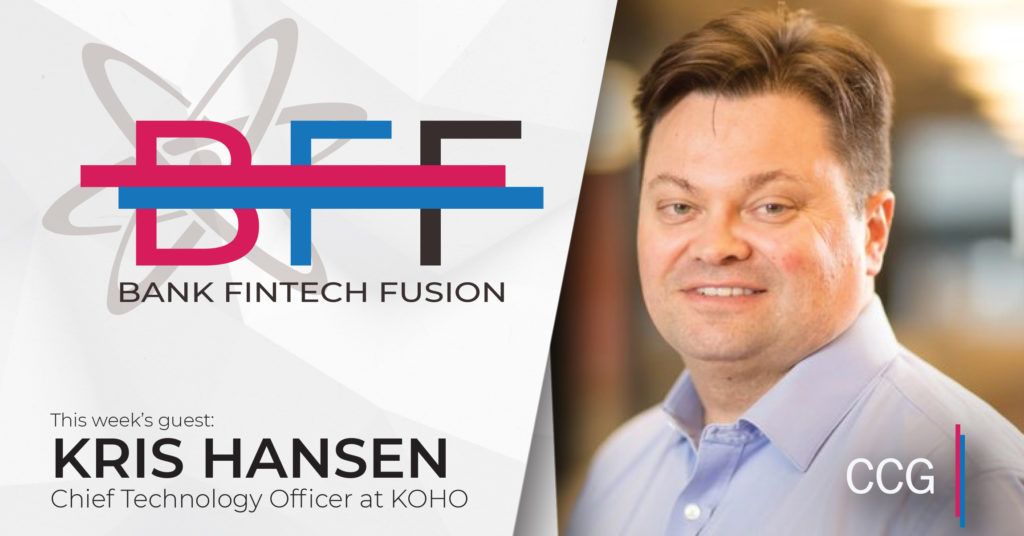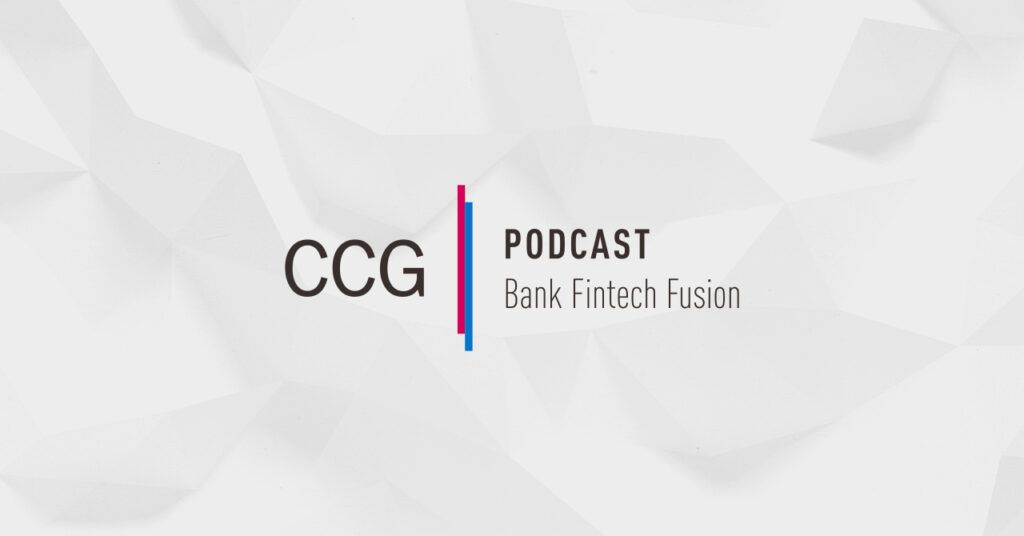It’s not enough to fix the de novo application process
In the wake of the 2008 financial crisis, new bank applications all but dried up under unfavorable economic conditions — until now.
The Federal Deposit Insurance Corp., which approves the deposit insurance for startup banks, has more than 40 de novo applications filed since the start of 2017, according to its website. Though far below pre-recession numbers, that represents a significant uptick from the early part of this decade.
In addition to better economic conditions, the head of the FDIC is also actively trying to encourage new banks.
“The FDIC wants to see more de novo banks, and we are hard at work on making this a reality,” FDIC Chairman Jelena McWilliams said in a statement last year.
Over the last couple of years, the agency has reduced the de novo supervisory period for newly established banks — from three to seven years — and published a handbook for de novo applicants.
It also issued a request for comment last year to gain feedback on how to improve the application process. Lastly, it created a new voluntary process that allows parties looking to file a new bank application to submit a draft proposal to the FDIC. This allows them to receive feedback on the application before officially filing it.
Despite these efforts by the FDIC, applying and gaining approval for a new bank can still be difficult. Among more than 40 bank applications filed since the start of 2017, roughly a dozen have been withdrawn and only about half have been approved.
Although the FDIC has tried to streamline the process, experts say applicants should expect at least nine months to pass from filing their application to opening doors for business. Applications with issues that require more scrutiny can take longer.
Besides these issues, new banks also have to contend with raising capital to meet requirements. This can be challenging given low interest rates and an overall competitive landscape that has not been favorable for smaller banks in recent years.
Though 15 de novo banks have been established since the start of 2017, 449 banks have been acquired, per S&P Global Market Intelligence, as smaller banks consolidate in search of greater scale. Community banks are struggling to keep up with larger financial institutions that can devote far more resources to digital products and services. In such a challenging environment, it can take several years for investors to earn their money back.
Furthermore, the FDIC expects new banks to have the necessary capital upfront, and the amount that a new bank must raise is a moving target. The FDIC evaluates and sets capital requirements for each new bank application independently based on its unique business proposal, which must cover financial projections for the bank’s first three years of business during de novo supervision.
Keep reading on American Banker.
Subscribe to CCG Insights.







